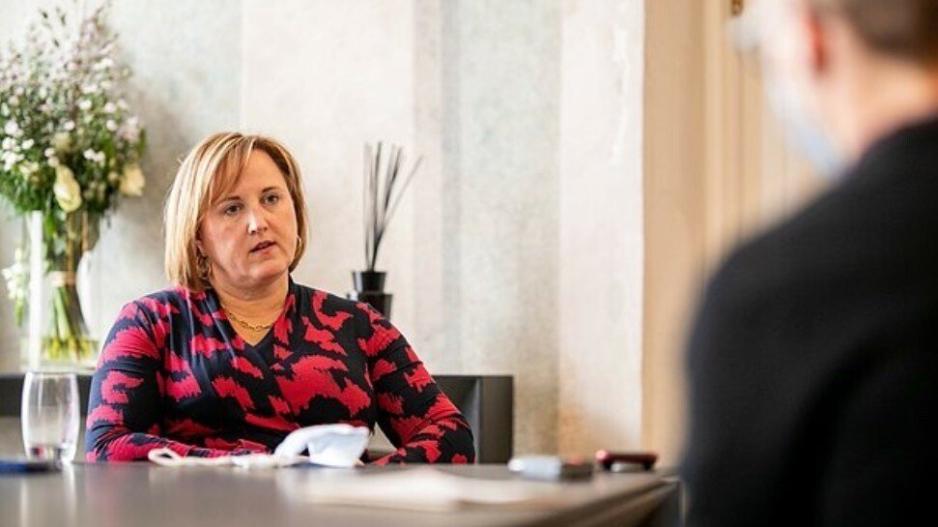U.S. Ambassador on the Great Sea Interconnector: "If This Opportunity Passes, It Won’t Come Back Easily"
Ambassador Fisher Highlighted the Urgency of Seizing This Moment to Integrate Cyprus Into the European Electricity Network
U.S. Ambassador to the Republic of Cyprus, Julie D. Fisher, underscored the critical nature of the Great Sea Interconnector project during a speech at the Fourth Thessaloniki Metropolitan Summit, titled "Making Pathways for Prosperity, Solidity, and Cohesion for South-East Europe", which is taking place today and tomorrow in Thessaloniki, Greece. The event is organized by The Economist Impact.
Julie D. Fisher emphasized the importance of Cyprus's connection to Europe’s energy grid. As a country isolated in terms of electricity, Cyprus faces a precarious situation that, if not addressed, could hinder its future development and stability.
Ambassador Fisher highlighted the urgency of seizing this moment to integrate Cyprus into the European electricity network. The Great Sea Interconnector offers a path to energy sustainability, which is vital not only for Cyprus’s energy independence but also for its growing technology sector.
"[...] Cyprus stands alone in terms of its electricity connection, and it's in a very precarious place. Now is the time to be thinking about the geopolitics around this kind of project, how important it is to see Cyprus connected to Europe via this opportunity, and to recognize that Cyprus has struggled for quite some time with major energy projects. Now is the time to get it right because these opportunities will pass by, and Cyprus will get left behind.
There is the positive side of what a sustainable electrical connection will offer to Cyprus: the ability to attract more tech talent, the ability to draw those who are developing AI and other kinds of technology. They need that reliable and sustainable electricity connection. Cyprus has a burgeoning tech industry for many reasons related to regional dynamics. It will not be able to attract them without reliability of the electricity grid. And the challenge is how to bring everybody along.
The U.S. is looking to ensure stability and security in a region where there’s not enough of it. Cyprus is such an important partner for us as we think about the Eastern Mediterranean [...]. Now is the time. Should this opportunity pass, it will be very difficult to see it come back again, and Cyprus will be left burning mazut.[...]"






